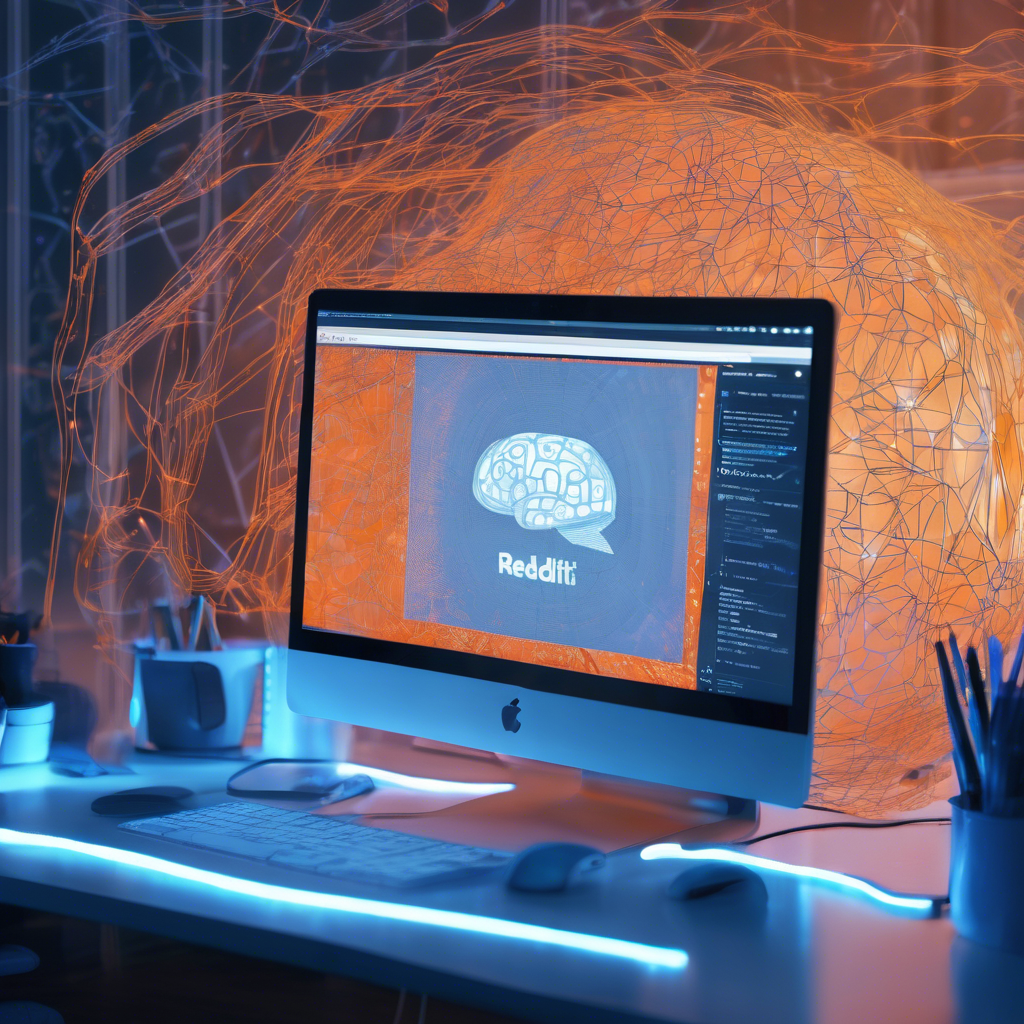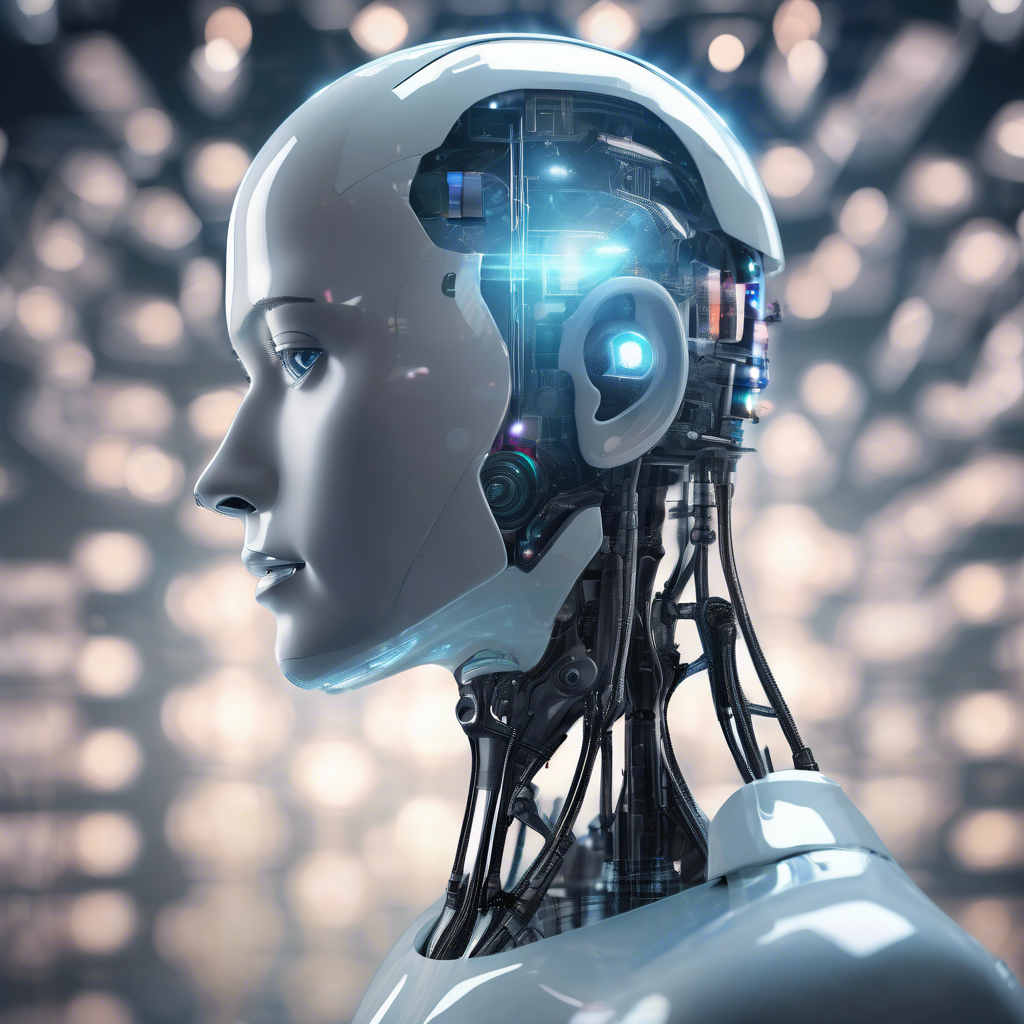Anthropic's Model Context Protocol (MCP): Revolutionizing AI Integration and Automation

Anthropic, a leading artificial intelligence innovator, has developed a new technical standard called the Model Context Protocol (MCP). This protocol is rapidly attracting attention among AI developers for its ability to smoothly connect AI models with everyday applications and data sources. MCP simplifies the traditionally complex process of integrating AI systems, like chatbots, with various web and mobile software platforms. This advancement allows developers to achieve faster and more efficient AI integration, thereby enhancing overall productivity. Digital design expert Matt Webb emphasizes MCP’s significance as an accessible and practical tool for improving AI applications within organizations. By easing the communication between AI technology and existing software, MCP reduces technical barriers and enables a wider range of companies to adopt AI features without needing extensive programming skills or major infrastructure changes. A key advantage of MCP is its capacity to bypass human-oriented interfaces—such as graphical user elements like buttons and search boxes—that AI typically must interpret and navigate. Instead, MCP allows AI models to communicate directly with software systems, facilitating more efficient and accurate data and command exchange. This ability holds great promise for speeding up the deployment of autonomous AI agents capable of handling complex tasks with little human oversight. Despite these benefits, MCP’s open and largely unregulated nature raises concerns about security, authentication, and privacy. Experts warn that strong safeguards are crucial to prevent misuse or unauthorized access to sensitive information as the protocol gains wider adoption. The lack of formal regulation around such open standards could present challenges that the AI community and regulators need to address collaboratively. Additionally, because open protocols like MCP do not inherently generate direct financial profit, their commercial adoption may progress more slowly.
Companies often prefer proprietary solutions with clear monetization strategies, which can limit the immediate market penetration of open-standard technologies. Nonetheless, MCP’s role as a connector between generative AI models and practical software tools positions it as a game-changing development in modern workflows. By enabling AI to integrate more cohesively within everyday digital environments, MCP has the potential to transform task automation and information processing. Applications range from customer service chatbots that interact more naturally with backend systems to AI agents that can autonomously manage schedules or perform data analysis, highlighting its broad and varied utility. As AI continues to evolve rapidly, protocols like MCP are essential to ensuring these advances translate into meaningful real-world applications. The development of AI integration standards such as MCP reflects a wider movement toward modular and interoperable AI systems. As organizations increasingly seek to harness AI for efficiency and innovation, tools that facilitate seamless connectivity between AI models and diverse data ecosystems become invaluable. Despite ongoing challenges in security and commercial viability, MCP’s emergence marks a significant step forward. In summary, the Model Context Protocol represents an important milestone in blending advanced AI capabilities with practical, industry-wide applications. Its ability to simplify AI integration while enhancing autonomous functionality could reshape daily software interactions and workplace operations. To maximize its benefits and mitigate risks, collaboration among technology developers, policymakers, and stakeholders will be essential to fostering secure and advantageous AI deployments in the future.
Brief news summary
Anthropic has introduced the Model Context Protocol (MCP), a new technical standard designed to enable seamless integration of AI models with everyday applications and data sources. MCP facilitates efficient, low-code connections between AI systems, like chatbots, and web or mobile platforms by allowing direct communication that bypasses traditional graphical interfaces. This innovation enhances developer productivity and supports autonomous AI agents capable of managing complex tasks with minimal human input. However, the protocol’s open and largely unregulated nature raises significant concerns around security, privacy, and authentication, emphasizing the need for strong safeguards and collaboration between the AI industry and regulators. Although MCP’s openness may limit immediate commercialization opportunities due to fewer monetization paths, it represents a transformative step toward modular, interoperable AI ecosystems that can improve automation and advanced data processing across diverse sectors. To fully harness MCP’s potential while mitigating risks, coordinated efforts among developers, businesses, policymakers, and stakeholders are crucial for secure and effective AI integration in real-world applications.
AI-powered Lead Generation in Social Media
and Search Engines
Let AI take control and automatically generate leads for you!

I'm your Content Manager, ready to handle your first test assignment
Learn how AI can help your business.
Let’s talk!

Hong Kong Taps Blockchain: Europe’s Biggest Bank …
HSBC has launched Hong Kong’s first settlement service utilizing blockchain technology, converting regular bank deposits into digital tokens.

Google's 'AI Mode' Could Be Bad for Reddit
Last week, Google announced the launch of a new AI-powered search feature called AI Mode.

Blockchain Trilemma Answered! The Ongoing Quest f…
As of May 2025, the blockchain trilemma remains a fundamental challenge in the cryptocurrency and blockchain sector.

Google’s ‘world-model’ bet: building the AI opera…
At Google’s I/O 2025 event in Silicon Valley, it became evident that Google is intensifying its AI initiatives under the Gemini brand, which includes a variety of model architectures and research, rapidly deploying innovations into products.

Blockchain security firm releases Cetus hack post…
Blockchain security firm Dedaub published a post-mortem report on the hack of the Cetus decentralized exchange, pinpointing the root cause as an exploit in the liquidity parameters of the Cetus automated market maker (AMM) that bypassed a code "overflow" check.

Meta chief AI scientist Yann LeCun says current A…
What do all intelligent beings share? According to Yann LeCun, Meta's chief AI scientist, there are four key traits.

Major TradFi Institutions to Pursue Tokenization …
Tokenization stands as a key application of blockchain technology, drawing significant interest and investment from the traditional finance (TradFi) sector.

 Auto-Filling SEO Website as a Gift
Auto-Filling SEO Website as a Gift








 Auto-Filling SEO Website as a Gift
Auto-Filling SEO Website as a Gift

